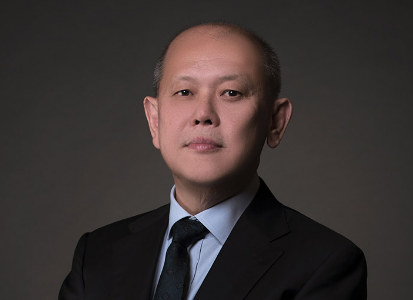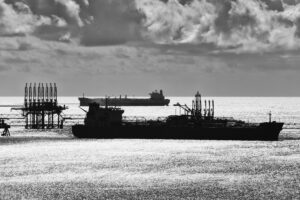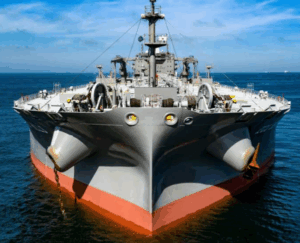
Singapore-based Consort Bunkers teams up with ClassNK, Yanmar Asia (Singapore) Corporation, and Taiko Asia Pacific to push alternative fuel bunkering.
Four partners Consort Bunkers, ClassNK, Yanmar Asia (Singapore) Corporation, and Taiko Asia Pacific have signed a memorandum of understanding (MOU), with the aim of introducing more bunkering ships in the market capable of handling alternative fuels.
Consort Bunkers placed an order to Cosco Shipping Heavy Industry (Guandong) to construct four 7,999-dwt IMO type 2 tankers, ready for biofuel and methanol bunkering.
No price has been given for the units.
Incorporating their previous orders, a total of 13 biofuel/methanol bunkering tankers totaling over 90,000-dwt will join Consort’s fleet.
ClassNK has been providing surveys and audits, Yanmar Asia has been providing main engines and generator engines, and Taiko Asia has been supplying cargo pumps package and various pumps package in engine room and pump room of the majority of Consort Bunkers’ fleet for more than a decade.
The parties have signed a deal for the cooperation and partnership regarding this upcoming multi-fuel bunkering ships project, and also for the future projects including alternative fuels bunkering vessels.
All parties agreed to complete Consort’s fleet renewal and expansion project, including new fuel bunkering vessels, and to contribute to regional and global implementation of alternative fuel use.
S. K. Yeo, director and general manager of Consort Bunkers, said: “Establishing infrastructure capable of refueling alternative fuels is essential for realizing decarbonization of ships. Our biofuel and methanol bunkering tankers reflect our commitment to respond to growing needs in this field quickly and sufficiently.”
Yasushi Seto, regional manager of southeast Asia and Oceania of ClassNK, noted: “We are honored to strengthen the good and long relationship among the parties, and we are excited to have the opportunity to be involved in the supply chain for advancing the decarbonization of maritime transportation.”


